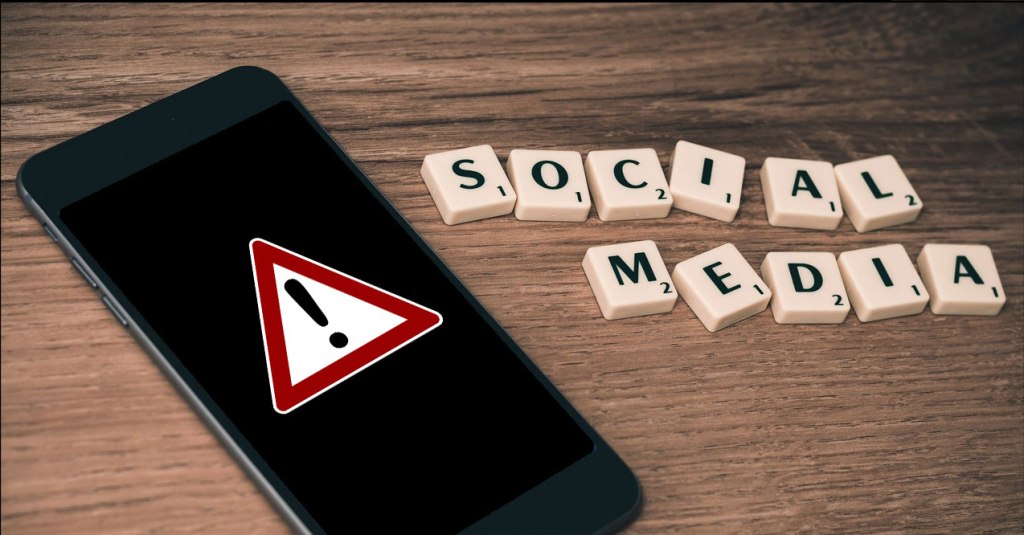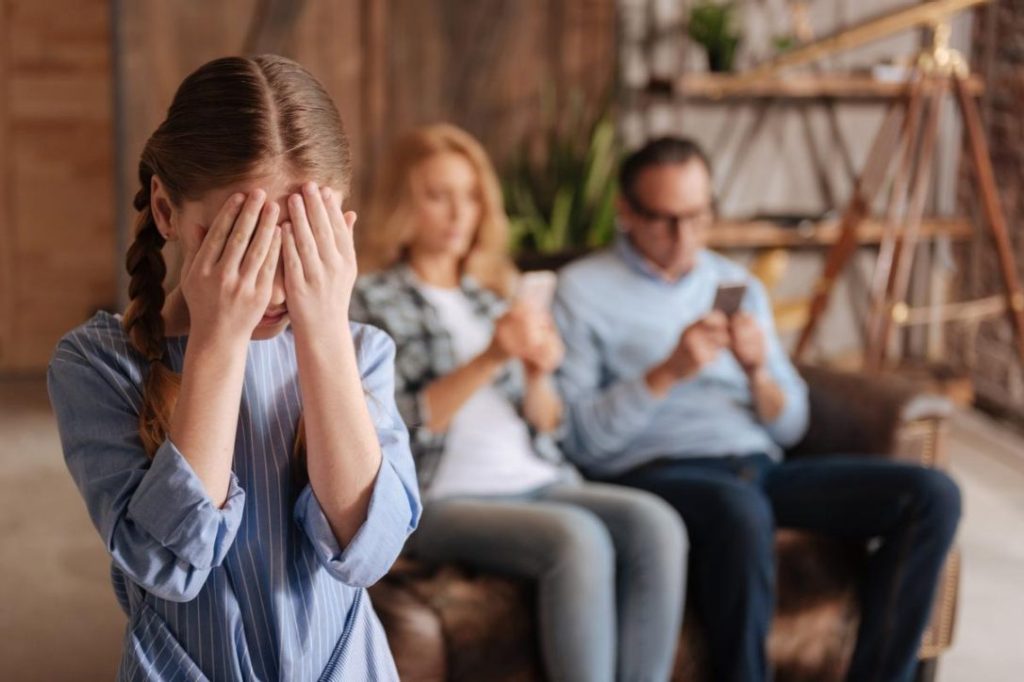
We share a lot of information on social media, life events, personal and professional information, our schedules, vacation plans, photos, videos and more.
Adults can choose what they share, but many children are not offered the same choice.
According to Time Magazine 92% of children in the United States have an online identity by the age of 2.
Parents, guardians and family members can share every detail of children’s lives starting even before they are born with ultrasound photos and continuing throughout their childhood.
But we should stop and ask ourselves just because we can share this information, should we? And what rights do children have? What consequences might they face now and in the future due to this kind of public exposure?
Sharing pictures and personal details about children exposes them to the entire world which is potentially very damaging and dangerous.
When you post on social media it is out there forever. You cannot take it back. You might be able to delete it from your account, but social media sites can backup and archive their data, other people can capture screen shots and images, internet archive websites store data and cybercriminals search for and save data and images.
Here are some reasons you should not post information about children online, you should also think about what you are sharing about yourself. We would not dream of opening our homes and inviting strangers in to look around but we often think nothing of posting very personal information on social media where it can potentially be seen by millions of people.
Violates Rights & Privacy
Children have no choice when the adults in their lives share their private information on social media. They may be embarrassed by what is being posted which can affect their sense of security and self-esteem. They may feel that they are not in control of their privacy and unable to make their own choices.
And we are unwittingly training our children to be comfortable sharing their personal information with strangers which can condition them to believe this behavior is normal. This conveys to them that they have no privacy or control over what details about them are shared online. We should instead teach children to guard their privacy.
Parents may argue that they have the right to post their children’s photos and life events online, but babies and young children have no voice and are not capable of understanding how damaging and dangerous this can be.
Older children often feel that their parents are sharing too much information about them online. A study done by Microsoft in 2019 which consisted of teenagers in 25 countries. Showed that 42% of the teens surveyed had a problem with their parents posting information about them. Of that number 11% said it is a big problem, 14% said it is of medium concern and 17% said it was a minor issue. 66% of those surveyed said that they have been the victim of at least one online threat.
Children may grow up to resent their parents for displaying their lives to the public. The Telegraph, in an article published in 2016 said that in France parents are being warned about posting their children’s personal information online, stating the children may sue the parents in the future for violating their privacy rights.

Everything posted online leaves a permanent trail that can follow you and your children for the rest of your lives. Consider your children’s future, what you post can potentially be seen by their classmates, school employees, future employers and college admissions personnel.
Bullying
We are all aware that bullying can be a major problem for kids. When adults post potentially embarrassing photos and information about children online it can set them up for harassment and bullying.
And the potential for harassment is not restricted to children, it happens to teens and adults as well. Children and adults can become victims of cyberstalking which can lead to physical harm.
Identity Theft
Social media is a breeding ground for criminal activity, and we often share far too much information. This can lead to identity theft and personal harm for both children and adults. Games and quizzes on social media are often put there by criminals to trick you into answering questions about your personal life.
And much of what you voluntarily share like pictures, videos, your name, location, children’s school and activities they are involved in, your workplace, place of birth, school you attended, vacation plans, daily schedule and other information along with what is cultivated from the many data breaches that have occurred is essentially giving criminals all they need to build a detailed profile on you and your family. It is like giving them a key to your personal filing cabinet and family history. This information is sold on the dark web and used for various kinds of criminal activity including identity theft, digital kidnapping and predators contacting you and your children in person.
Photos Can Be Used by Criminals
Photos and videos of children shared by the adults in their lives have been found on child pornography and other dangerous websites. Even if you have restrictions in place others may not. Friends can copy and repost your information without you even knowing. Predators search social media for pictures of children and can sell those images and pass them on to others.
Geotagging attaches the location of a mobile device to photos, videos, websites, text messages, and QR codes, and might also include time stamps or other information. If geotagging is enabled on your phone or camera, it can potentially lead criminals to you and your children.
The FBI, police departments and other safety authorities warn against posting private information online.
We are all concerned about our children’s safety but often give little thought when sharing their lives online. Would you walk up to a stranger on the street and give them a printout of everything you have shared on social media including pictures and videos of your children? Probably not, but social media is world-wide. What you put out there can be seen by anyone, anywhere and by all types of people including people with malicious intentions.
See my article 15 Tips to Keep your Family Safe on the Internet
As adults we warn our kids about the risks involved in social media but often ignore our own advice and overshare our children’s information.
With so much at risk why take a chance? Guard your children’s privacy. Let them choose for themselves when they are adults if they want to take part in social media, don’t make the choice for them.